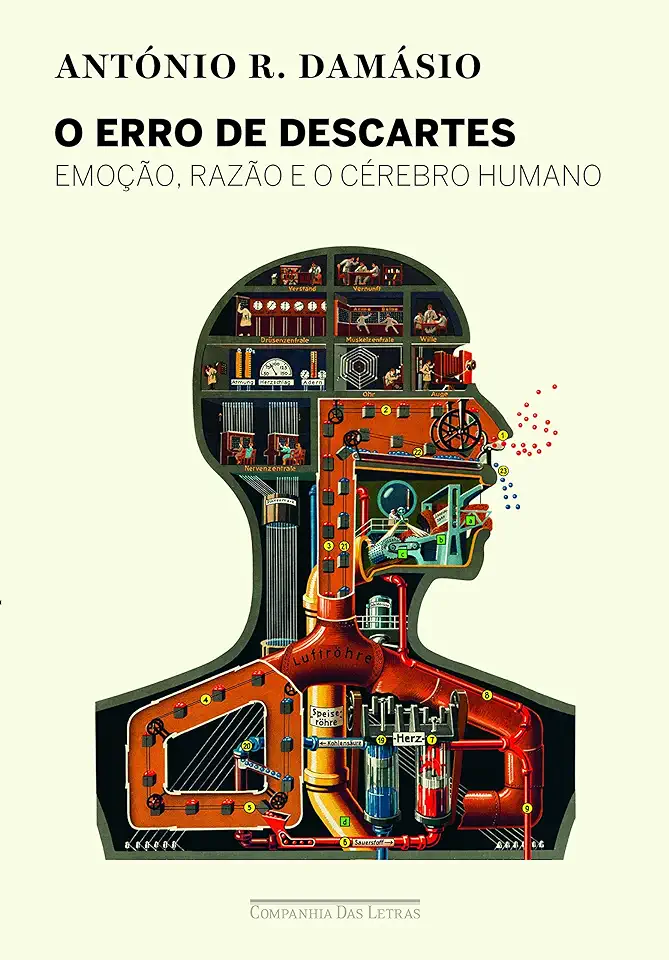
Descartes' Error - António R. Damásio
Descartes' Error: Emotion, Reason, and the Human Brain
In his groundbreaking book, "Descartes' Error," renowned neuroscientist António R. Damásio challenges the Cartesian dualism that has dominated Western thought for centuries. Damásio argues that emotions are not separate from reason, but rather are essential for rational decision-making. Drawing on a wealth of evidence from neuroscience, psychology, and philosophy, Damásio presents a new understanding of the human mind and its place in the natural world.
The Cartesian Dualism
René Descartes, the 17th-century French philosopher, famously proposed that the mind and body are two distinct substances. The mind, he argued, is immaterial and non-physical, while the body is material and subject to the laws of physics. This dualism has had a profound impact on Western thought, leading to a sharp distinction between the rational and emotional aspects of human nature.
The Role of Emotions in Decision-Making
Damásio argues that Descartes' dualism is fundamentally flawed. He presents evidence from neuroscience that shows that emotions are not simply irrational impulses, but rather are essential for rational decision-making. Emotions, he argues, provide us with information about our environment and help us to make choices that are in our best interests.
The Somatic Marker Hypothesis
Damásio proposes the somatic marker hypothesis to explain how emotions influence decision-making. The somatic marker hypothesis states that emotions are associated with specific bodily states, such as increased heart rate or sweating. These bodily states serve as markers that help us to make quick and efficient decisions. For example, if we have a negative emotional response to a particular situation, it may be a sign that we should avoid that situation.
The Feeling of What Happens
Damásio argues that emotions are not simply subjective experiences, but rather are essential for our understanding of the world around us. He proposes the concept of the "feeling of what happens" to describe the way that emotions allow us to make sense of our experiences. The feeling of what happens, he argues, is a key component of consciousness and self-awareness.
The Implications of Descartes' Error
Damásio's work has profound implications for our understanding of the human mind and its place in the natural world. He argues that we cannot understand human nature without taking into account the role of emotions. Emotions, he argues, are not simply irrational impulses, but rather are essential for rational decision-making, self-awareness, and consciousness.
Conclusion
"Descartes' Error" is a groundbreaking work that challenges the traditional dualism of mind and body. Damásio presents a new understanding of the human mind and its place in the natural world, arguing that emotions are essential for rational decision-making, self-awareness, and consciousness. This book is a must-read for anyone interested in the human mind, neuroscience, or philosophy.